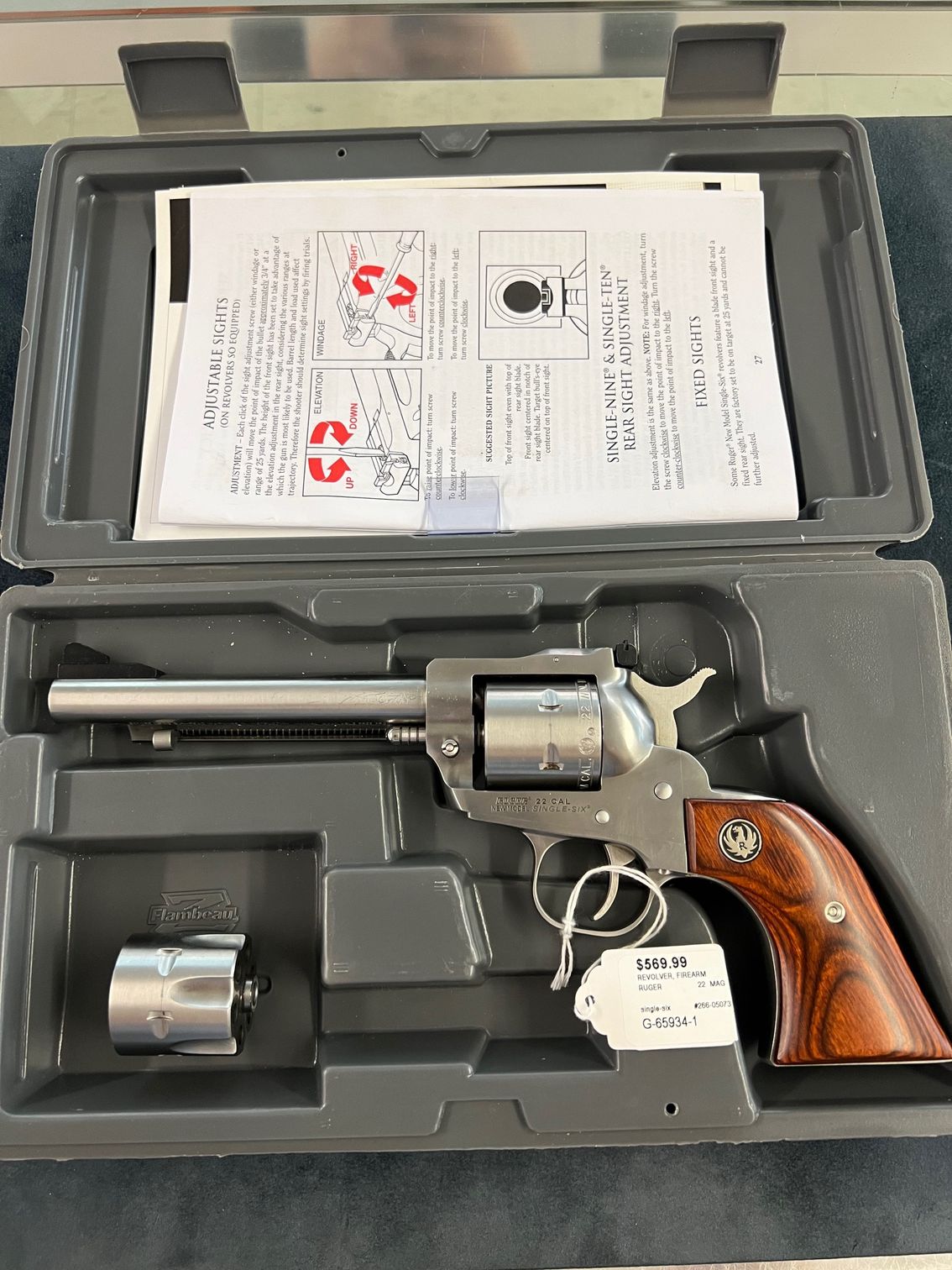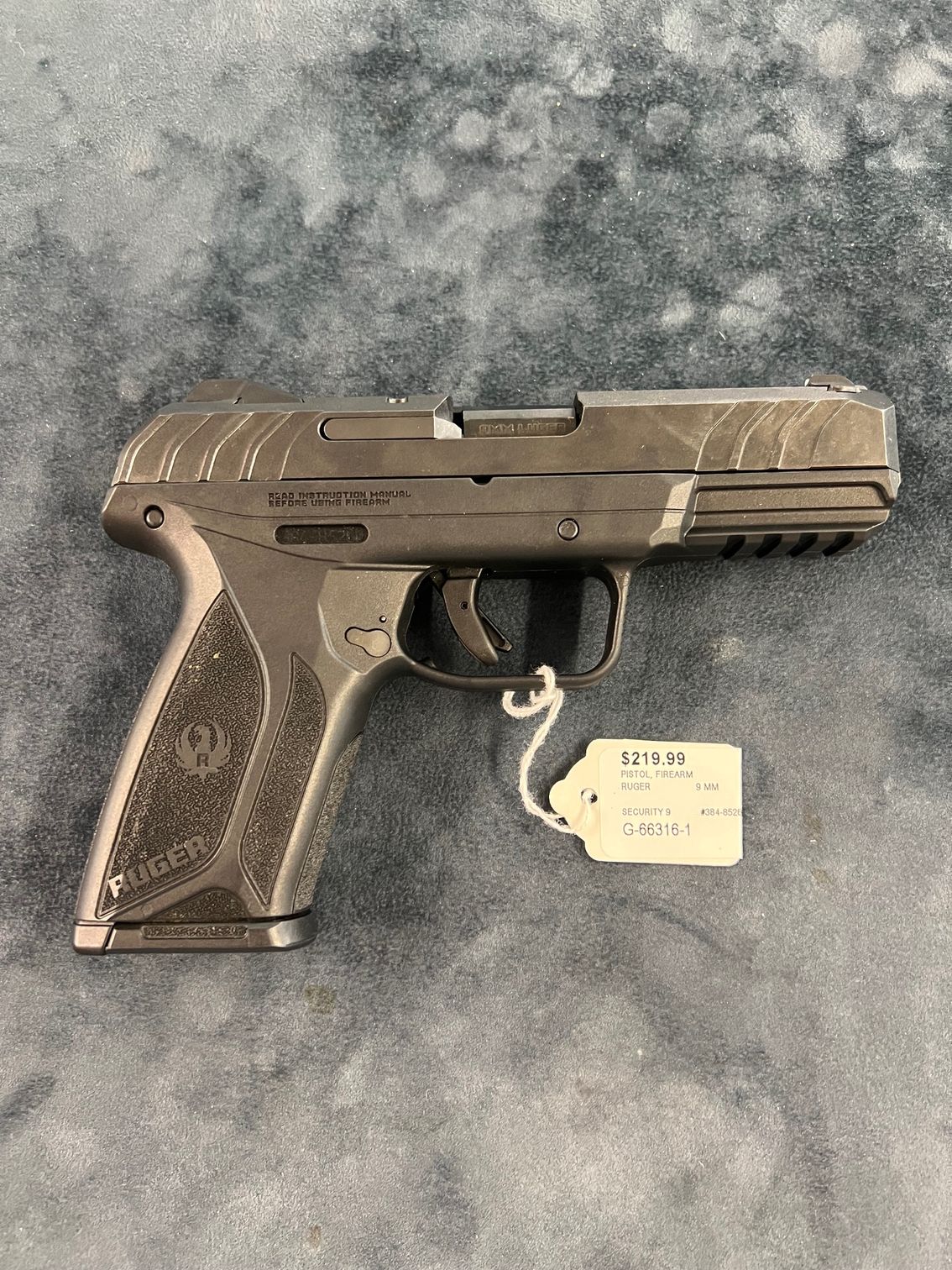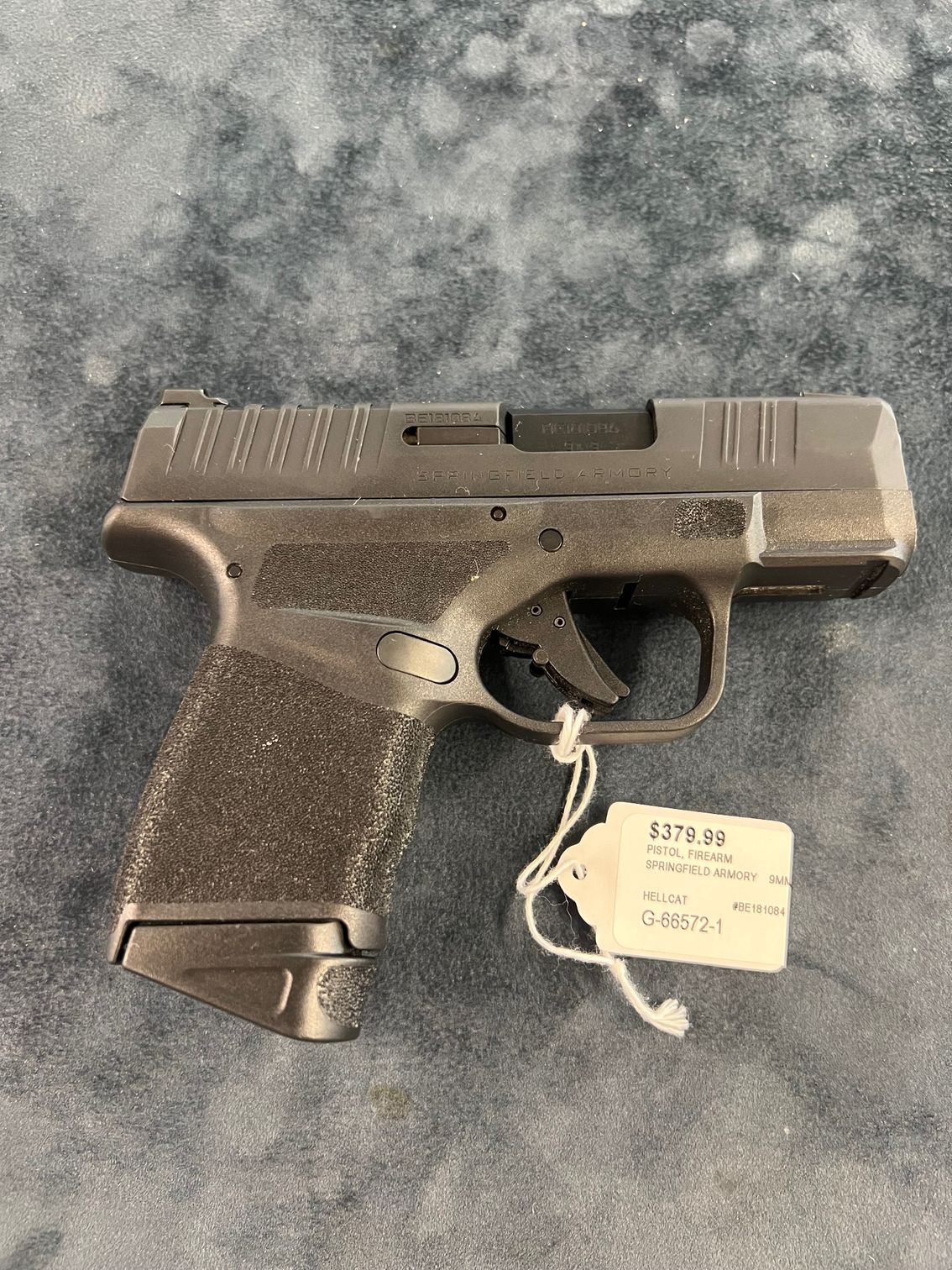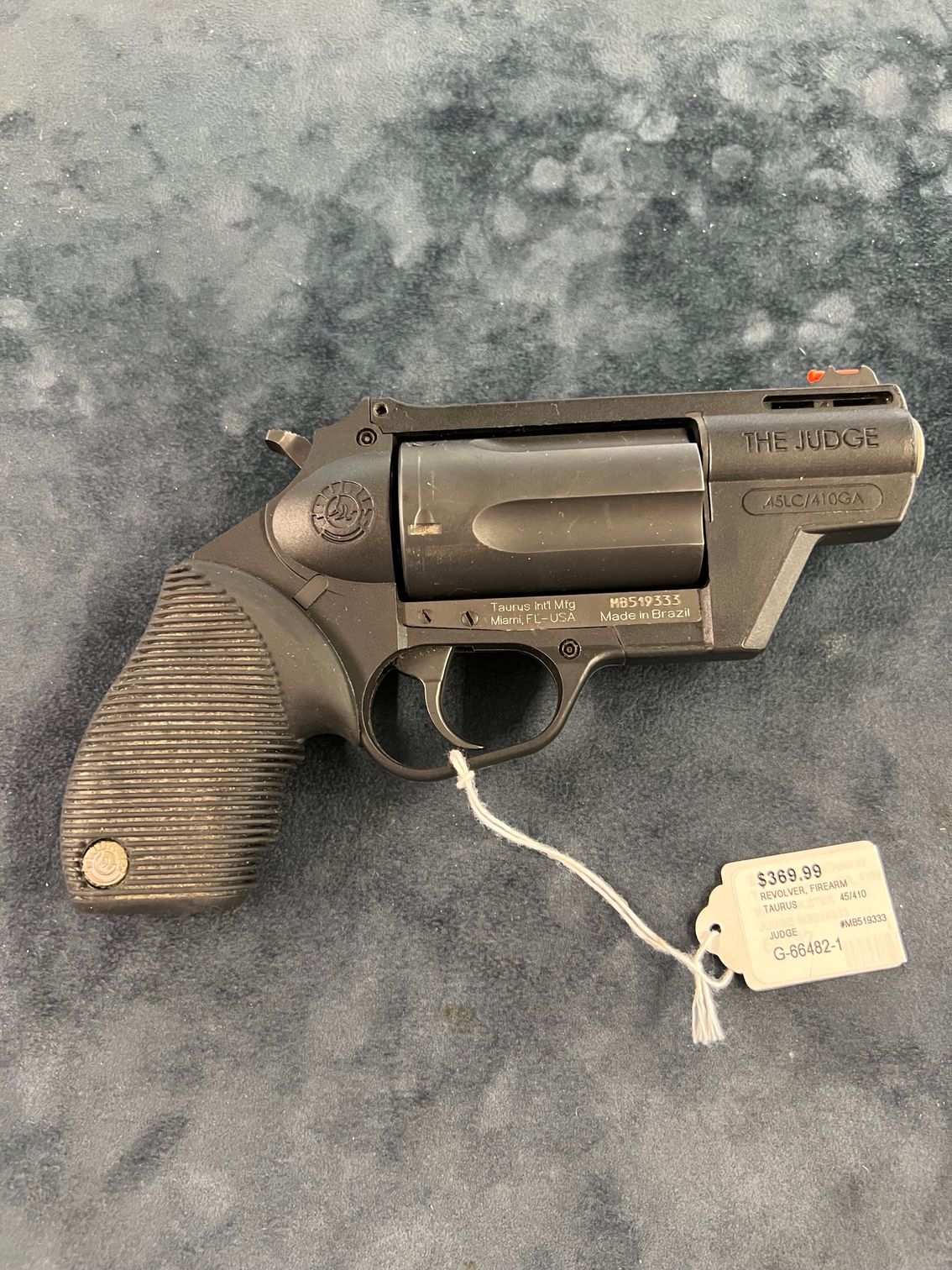Tips for First-Time Pawn Shop Visitors
Visiting a pawn shop for the first time can be an exciting adventure. Whether you're looking to sell items, secure a quick loan, or hunt for great deals, knowing what to expect makes the experience smoother. Pawn shops are vibrant places where diverse things and services come together under one roof, making them a treasure trove of possibilities.
Understanding how pawn shops operate and preparing accordingly can help you feel more confident. Knowing the difference between pawning an item and selling it outright is important, as each approach has its benefits. Doing some homework before your visit, like estimating the worth of the items you bring with you, sets you up for better negotiations.
While pawn shops may sometimes seem mysterious, they offer more transparency than you might think. Engaging with knowledgeable staff during your visit can enhance your experience, helping you navigate options and make informed decisions. With these tips and insights, your first trip to a pawn shop can be productive and enjoyable.
Understanding Pawn Shop Basics
Pawn shops provide a unique blend of financial services and retail offerings. They operate by allowing individuals to either sell items directly or use them as collateral for a short-term loan. When you pawn an item, you receive a loan with the item as security. If the loan is repaid within the agreed period, you get your item back. If not, the shop may sell your item to recoup the loan amount. Selling an item means you get a one-time cash payout with no obligation to repay.
A common misconception about pawn shops is that they are places of last resort. However, many people use pawn shops for their convenience and the variety of items they offer. They are regulated businesses that must adhere to strict laws, providing a secure environment for transactions. Pawn shops are often seen as community hubs where items of all kinds, often rare or vintage, come together.
Understanding the basics of how pawn shops work helps first-time visitors feel more comfortable. Whether you're buying, selling, or pawning, recognizing the nuances prepares you to make the most of your visit. By dispelling myths and getting to know the principles behind pawning and selling, you can engage with pawn shops confidently.
Preparing for Your Visit
Preparing for your first visit to a pawn shop can make the experience seamless. Start by considering what items you plan to bring and ensure you have any necessary documentation ready. Typical documents might include proof of ownership for high-value items or appraisals if available. Having these papers handy can verify your claims and smooth the transaction process.
Researching the value of your items beforehand is also crucial. Check online marketplaces to see the current selling price of similar items. This research provides a benchmark, helping you to set realistic expectations for what your items might fetch. Understanding their worth allows you to negotiate more effectively and avoid undervaluing your belongings.
Negotiating at a pawn shop is common, so it’s good to have a strategy in mind. When presenting your items, start with a reasonable but hopeful asking price and be prepared to discuss it. Listen to any counteroffers and decide on a bottom-line price you're comfortable with. Setting realistic expectations ensures a fair deal for both you and the shop, leading to a positive experience.
Exploring Store Layout and Services
When you walk into a pawn shop, understanding the store layout can help you navigate your visit more effectively. Many shops organize their items into categories, making it easier to find what you're interested in. Sections often include jewelry, electronics, and tools. Knowing where to look can save you time and energy during your visit.
In addition to items for sale, many pawn shops offer various services. These include loans, where you can use your valuable items as collateral to get cash on the spot. Some shops also offer layaway plans, allowing you to secure an item with a deposit and pay over time. Understanding these options can inform your decision-making when visiting a pawn shop.
Locating Specific Goods or Services:
- Identify the main sections upon arrival.
- Ask staff for help if you can't find something.
- Explore service options if you're interested in loans or layaway.
By having a good grasp of the store's layout and services, you enhance your ability to make informed choices and maximize your experience at the pawn shop.
Making the Most of Your Visit
To get the best results from your pawn shop visit, engaging with the staff can make a big difference. Employees are often well-versed in their inventory and can guide you to the best deals or assist with your specific needs. Establishing rapport with them can lead to personalized insights and better service.
Prepare a list of questions to ask during your visit. Knowing what to inquire about helps clarify terms and conditions associated with a purchase or loan. You might ask about warranties, return policies, or specific terms related to pawn loans and repayment plans.
Another important aspect is understanding the loan terms if you decide to pawn an item. Ensure you are clear on repayment options, interest rates, and any associated fees. This understanding prevents surprises down the line and helps ensure you're comfortable with the agreement.
Conclusion:
Visiting a pawn shop can be a rewarding experience if you know how to navigate the environment effectively. From understanding the store layout to leveraging the knowledge of staff, there are several strategies to enhance your visit. By preparing and asking the right questions, you ensure a transparent and satisfying transaction.
River City Pawn is committed to providing a seamless pawn shop experience with expert staff ready to assist you every step of the way. Whether you're looking to pawn, sell, or simply explore, visit our
paw shop in Western Kentucky for exceptional service and value.

Locations in:
Owensboro, Henderson, Madisonville, Leitchfield, Murray, Princeton, KY
All Rights Reserved | Website Designed and Developed By Oddball Creative




